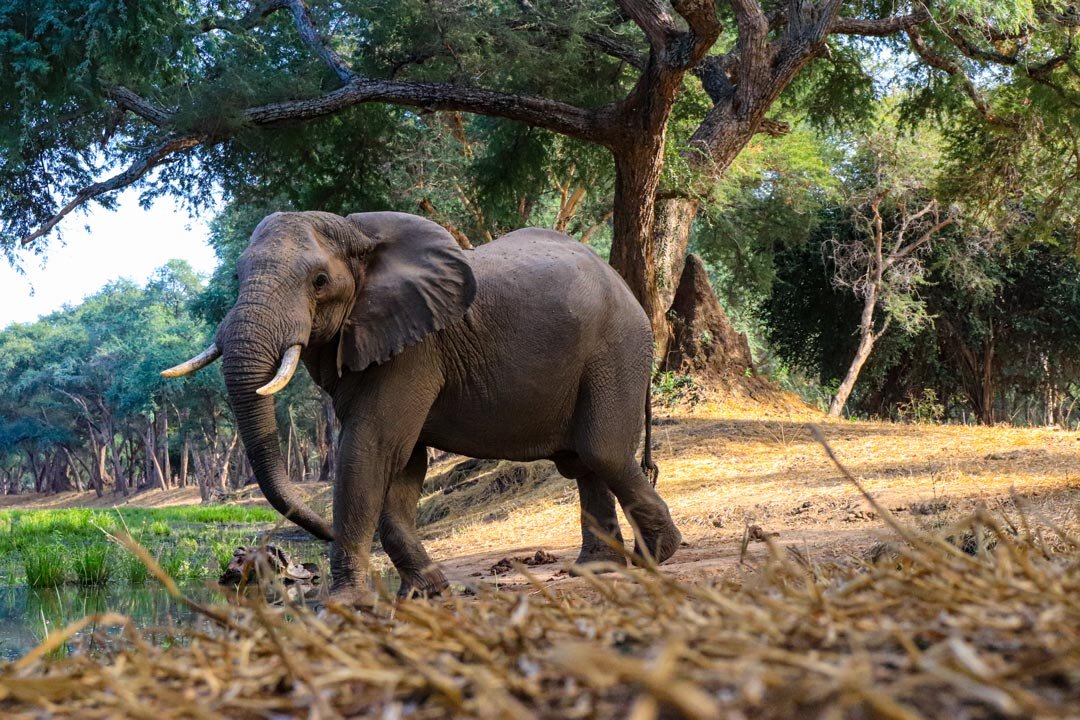
Powering conservation
education
Proven Success
Our successful pilot programme in Kenya demonstrated both the need for iLearnabout and the effectiveness of its content, with children showing a 72% individual knowledge gain, and teachers appreciated the ease of use.
“The children liked the sessions and were captivated by the interactive form of learning.”
We are currently reaching over 45,000 children through our partners and hundreds of thousands more via global platforms
Partnering for Success
In partnership with experienced educationalists, pro bono support from leading ed-tech company Mwabu, schools, conservation organisations, and NGOs, iLearnabout has received overwhelmingly positive feedback.
“The programme has received huge support, and more and more schools are requesting to join.”
As we continue to develop new materials, use of iLearnabout is steadily increasing. We actively promote the need for and availability of iLearnabout through media, events, word of mouth, and our networks.
Large scale outreach
We are now partnering with a growing number of NGOs and schools and are currently reaching over 45,000 African children. Organisations using iLearnabout as part of their regular teaching programmes include prestigious NGOs working with a range of schools and after school clubs within their regions in Kenya, Malawi, Namibia and Zambia.
Even in Nepal, an organisation is using iLearnabout for conservation education, recognising the need and impact where such materials are scarce.
Demand continues to grow, expanding our reach further every day.
“This collaboration has come at the perfect time to elevate our educator-learner experience. As our first step into digital teaching, we are excited to be part of it. Our club members are equally enthusiastic about this innovative and engaging learning approach.”
We are also being hosted on global platforms such as UNICEF’s Passport to Earning, Critical Links, and Internet-in-a-Box, giving access to hundreds of thousands more children throughout Sub Saharan Africa, particularly in new regions in South Africa and Nigeria.
“Integrating iLearnabout’s unique conservation content into the C3 Cloud environment marks a significant advancement in our mission to provide high-quality education to underserved regions.”
iLearnabout’s impact has been recognised by Professor Sir Partha Dasgupta, a leading authority on biodiversity. His globally influential Dasgupta Review, launched by Sir David Attenborough and Prince Charles, highlighted the urgent need for conservation education and recognised iLearnabout as part of the solution.
iLearnabout has been selected from over 3,000 innovations worldwide for inclusion in the HundrED Global Collection 2026, a prestigious annual award that highlights 100 of the world’s most inspiring and impactful education innovations.
In 2025, iLearnabout was awarded Bronze Certification by HundrED and EduEvidence – an international certification recognising evidence of impact in education and Ed Tech – as an innovation that is a "remarkable solution" demonstrating transparency, accountability, and inclusive design.
Impact on Local Communities
iLearnabout is already acknowledged as a game-changer, with ten of the planned 24 topics currently in use.
A powerful aspect of iLearnabout is how the content resonates with children in their day-to-day lives. The issues they learn about in class are often the same ones affecting their villages, helping students connect environmental challenges with real-world solutions.
“The immediacy of the issues to the learners was excellent, engaging, and relevant. Literally—they walk back to their villages and the issues raised are right in front of them.”
Our goal is to fast-track the development of the remaining topic packs to reach as many children as quickly as possible.
The impact is real, the need is great and the time to act is now. iLearnabout is helping teachers shape a generation of African children who are better informed, more engaged, and prepared to take on the environmental challenges of their future.
“Using a digital format engages children in a new way, using technology that is fast spreading through our communities, even in rural areas.”
Our thanks to Timbuktu and Arc Earth for support in helping expand outreach of materials.
We need support to develop the full range of our planned digital resources and to reach more learners with our programme.
The need is great, the impact is real, and the time to act is now. Help us fast-track conservation education and make a lasting impact.

























